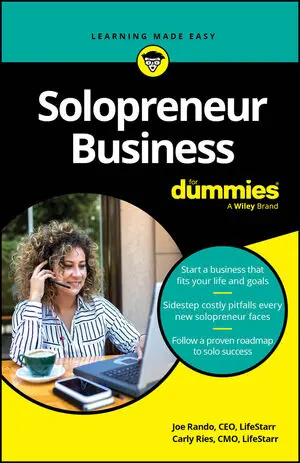At each stage of your mobile food business’s life, you encounter financial needs that require funding. The funding types for the stages are as follows:
Seed capital: Seed capital is the money you need if your initial research and planning for your business requires substantial sums in cash. In the mobile food industry, this type of capital comes into play if you’re initially planning to start a business with more than a single mobile food unit because the research and planning for starting a single truck can be done relatively inexpensively.
Start-up capital: Start-up capital, also known as working capital, is the funding that helps you pay for equipment, rent, supplies, and so forth during the first year of operation.
Expansion capital: Expansion capital is funding to help your company grow to the next level, which may entail purchasing better equipment or adding additional trucks to your fleet.
Each of these funding types may play an important part at various stages of growth in your mobile food business. Most new food truck operators need only start-up capital (because they have only one truck) because your research and planning isn’t considered to be large enough to warrant seed money, and expansion capital is used when your business is ready to, well, expand.
The best way to estimate your business start-up costs is to list all of them — the more detailed your list, the better. Begin by brainstorming everything you need, from goods (such as your truck, equipment, and initial food purchases) to professional services (such as accounting, advertising, and legal work). You’ll pay some of the costs once, while other costs will be ongoing.
One-time start-up costs include the following:
The purchase or lease of your food truck or cart
The retrofitting and/or bringing of the truck up to code
Permits and licensing
Professional, legal, and consulting fees
Initial food purchases
Kitchen supplies
Initial office equipment and supplies
Website design
Initial advertising and public relations
Recurring start-up costs include the following:
Insurance
Commercial kitchen rent
Payroll for you and any employees
Credit-card processing equipment
Truck and equipment maintenance
Miscellaneous (any unforeseen expenses; give yourself 5 to 10 percent in contingency for these costs)
After you complete your list, start researching and calculating how much funding you need to pay for all those goods and services. First, come up with an estimate of one-time costs you need to cover in order to get your doors open, and then develop an operating budget based on your reoccurring costs for the first six months or even the first year of the business.
You can come up with a good estimate for your start-up costs by researching other food trucks in your region and talking to the owners about how they determined their start-up costs; be sure to ask them specifically about expenses they forgot, too.
You can also get an idea of estimated costs by talking to your accountant. If you’ve chosen an accountant who has food service industry experience, she can help you come up with these figures.
When in doubt about your projections, always overestimate your up-front investment cost. To truly play it safe, some experts suggest taking your start-up cost estimate and doubling that number.






